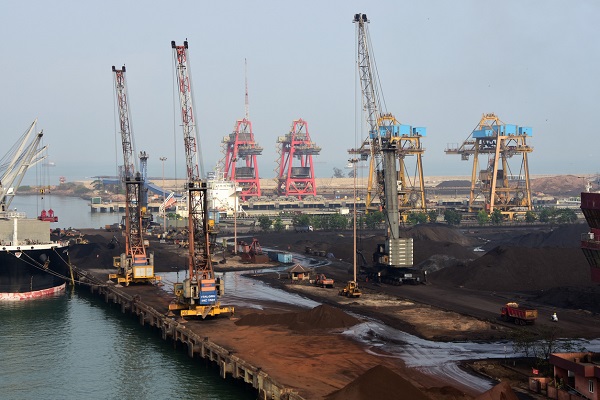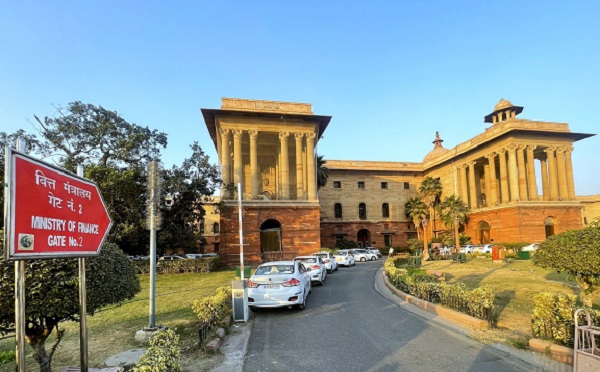.png)
August 11, 2025 at 6:14 AM IST
The US’ move to double tariffs on India to 50% poses downside risks to India’s growth, inflation and external balance, Moody’s Ratings said Friday. The impact will depend on how India responds to the increased levies, it said.
Effective Thursday, Indian exports to the US are subject to a 25% tariff, which will rise to 50% from August 27 after the US imposed an additional 25% duty on India for purchasing discounted Russian crude. Once enforced, the 50% rate will be one of the steepest among global exporters, alongside Brazil.
Moody’s said that if India continues to buy Russian oil despite the tariff hit, the country’s real GDP growth could slow by 0.3 percentage points from its current forecast of 6.3% for 2025-2026. However, strong domestic demand and services activity may cushion the impact.
The rating agency warned that if the tariff disparity with other Asia-Pacific peers persists beyond 2025, it could derail India’s push to build a high-value manufacturing base, especially in electronics. Such a gap might also undo some of the recent gains in attracting investment in manufacturing.
On the other hand, should India cut Russian oil imports to avoid US tariffs, it may struggle to find alternate sources quickly and at scale, which could disrupt growth, Moody’s said. A global oil supply shift may drive up prices and feed into domestic inflation, it added.
India has been sourcing Russian oil at discounted rates, which helped shield the economy from global commodity shocks and supported the current account balance, the agency said. Moving away from Russian supplies could swell the import bill, widen the current account deficit and weigh on investment inflows, though Moody’s noted India’s foreign exchange reserves remain strong enough to absorb external shocks.
New Delhi and Washington are currently negotiating a bilateral trade deal, with the next round of talks slated for August 25. Moody’s expects a resolution to be reached. “The magnitude of the drag on growth from tariff obstacles will influence the government’s decision to pursue a fiscal policy response, although we anticipate the government will adhere to its focus on gradual fiscal and debt consolidation,” the agency said.



